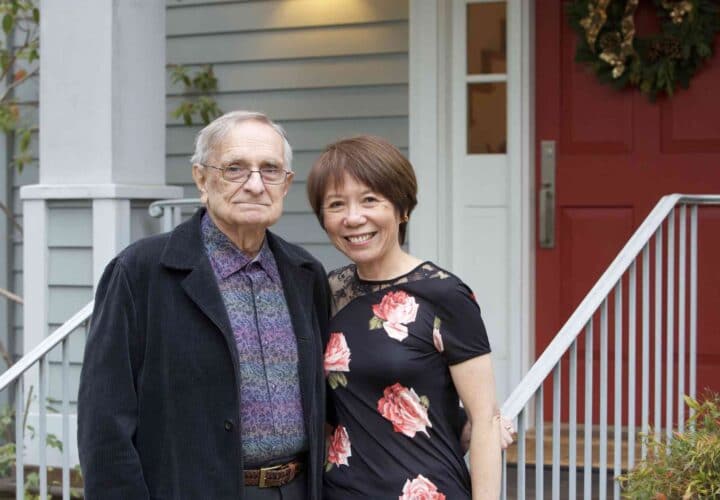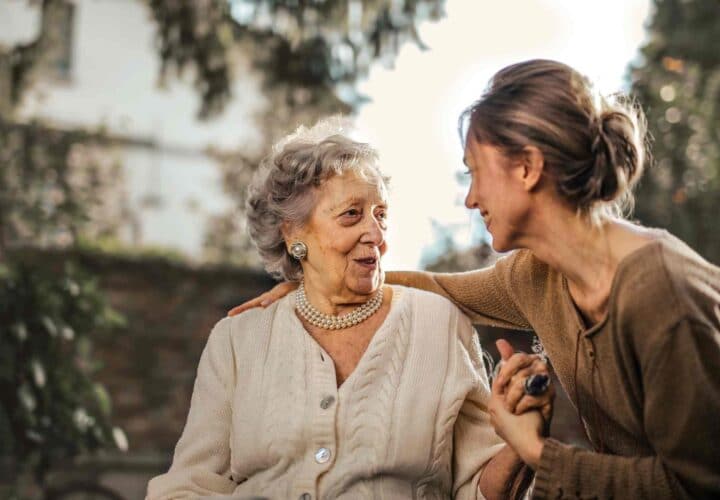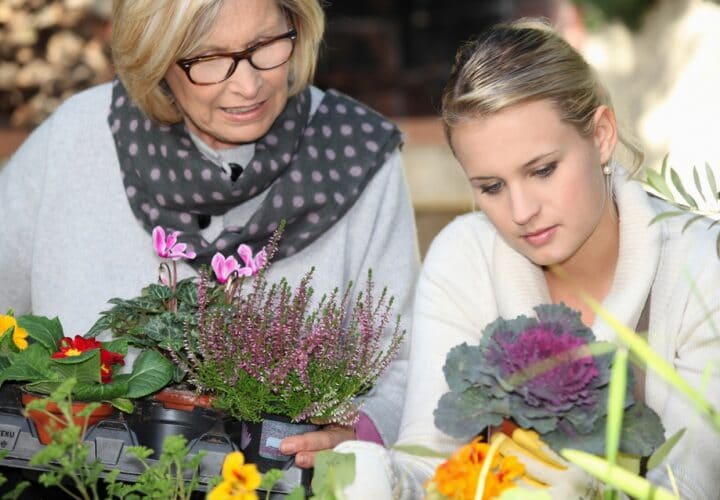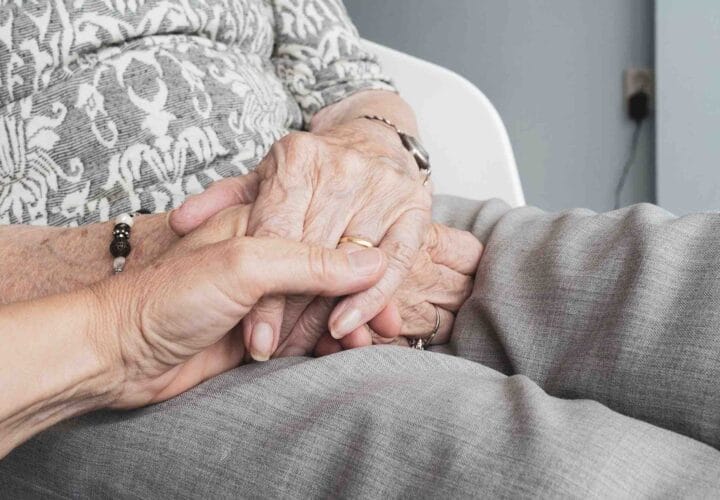Lena Chow Kuhar tells the story of her late husband Bob’s Alzheimer’s journey — and how it led to her new project, Bob’s Last Marathon, a podcast and other resources for people navigating Alzheimer’s, which launched this January.
When my husband, Bob, was diagnosed in 2012, I was no stranger to the disease. About 20 years prior, my mother was diagnosed with early-onset Alzheimer’s. My father’s devotion to my mother’s care was a shining example for me. I connected with the director of an aging-in-place community near our home in California, who then placed two important phone calls: one to the facilitator of a six-week support program for newly diagnosed patients and families, which was about to begin the following week, and the other to a care manager, who became a navigator and my sounding board through our journey.
Meanwhile, trained in science, I began gathering data on the disease and on Bob’s diagnosis of mixed dementia — in his case a combination of vascular dementia and Alzheimer’s. I read whatever resources I could get my hands on. I joined support groups and found them invaluable in giving me the sense that Bob and I were not alone, that there were others like us, many in fact with more severe day-to-day challenges. We shared our experiences, and worked around our roadblocks one day at a time. The quiet chant in my head from my days of long-distance running came back to me: “If I can run a marathon, I can do anything.”
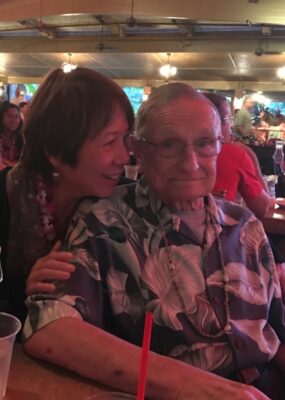
Bob was 76 years old, a fellow long-distance runner, and a career engineer who, only seven years prior, received a PhD in clinical psychology.
More than a year after Bob’s diagnosis, during a routine visit to Baltimore, I decided to see if we could get an appointment with an Alzheimer’s specialist at the Penn Memory Center. Back in California, Bob’s neurologist was extremely kind and always seemed to get Bob to be at his best during office visits, but told me he had very little experience with dementia.
Based on my reading, I knew there were very limited therapeutic treatment options, and initially did not worry too much about his lack of experience, but somehow, that fall day in Baltimore, I thought, why not? We connected with Dr. Steven Arnold, who, for the first time, gave me a clear framework for Bob’s care, focusing on the five key elements of dementia care, namely, medication, diet, exercise, social interaction, and cognitive therapy. It became my compass to guide me in caring for Bob.
By 2015, three years after Bob’s diagnosis, Bob’s care team was in place — day care center, home care aides, trainer, cognitive therapy, art therapy — as well as support for both of us from our care manager, psychotherapist, and weekly support group. I was in good health, thanks to the self-care routines that I initiated right at the start. My health care communication business was thriving. When asked if I felt satisfied with Bob’s care, I would answer yes, but I also reminded myself that it took a lot of time, many strokes of luck, and tremendous resources — intellectual, emotional, financial — to get where we needed to be. And it was only our first milestone.
“Looking around the room during support group meetings,
I saw people with far fewer resources than we had,
struggling to make sense of what they were experiencing,
wondering what they should do and where
they could possibly go for help.”
The predictably unpredictable disease took its course. With each new challenge, discomfort, or illness, I did what I believe is a wife and committed life partner’s duty: look for solutions that could improve his condition, make him comfortable, and give him the best quality of life possible. That might have been the time when people around me began to tell me that I was doing so well at problem solving that I should write a book to share my experience with other caregivers. Looking around the room during support group meetings, I saw people with far fewer resources than we had, struggling to make sense of what they were experiencing, wondering what they should do and where they could possibly go for help.
Bob passed away in November 2018. It was then that I began thinking seriously about communicating my experience with Alzheimer’s. I began researching and talking to people to get some feedback. Then came the COVID-19 pandemic, and an opportunity to reflect, focus, and plan. I assembled a small team of communication experts. Our brainstorming yielded the name Bob’s Last Marathon: Living the Alzheimer’s Journey. We planned to produce 10-minute, conversation-style podcasts divided into four categories (planning, living well, community, and challenges), and by August, we had three prototype episodes and the makings of our website. We tested them with our roundtable participants — social workers and clinicians involved in dementia care. The authenticity, relevance, pragmatism, and simplicity of our delivery were well received. And off we went.
Bob’s Last Marathon was launched on January 13, 2021, with the simple mission of helping to improve the lives of caregivers and their loved ones. The podcast is available on popular podcast apps and transcripts are available on the website, online and in downloadable PDF, covering topics like “Denial,” “Self-Care,” “Friends,” “Cognitive Fitness,” and “Hospice and Palliative Care,” all with the goal of helping people navigate the Alzheimer’s journey. For me, developing this program has been a rich experience, a gift, and a celebration of Bob’s grace and courage.
